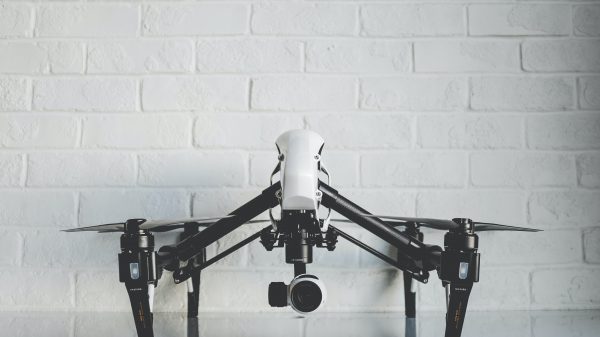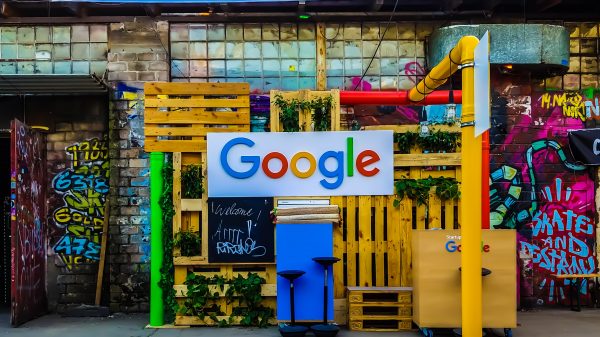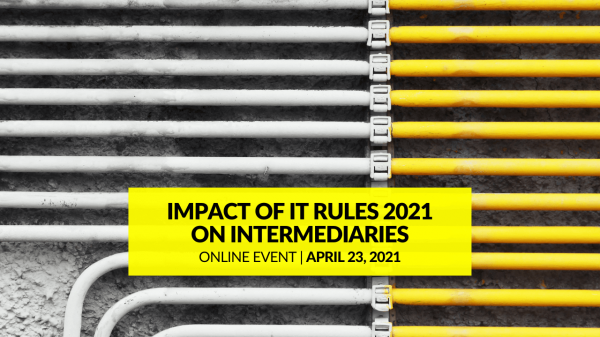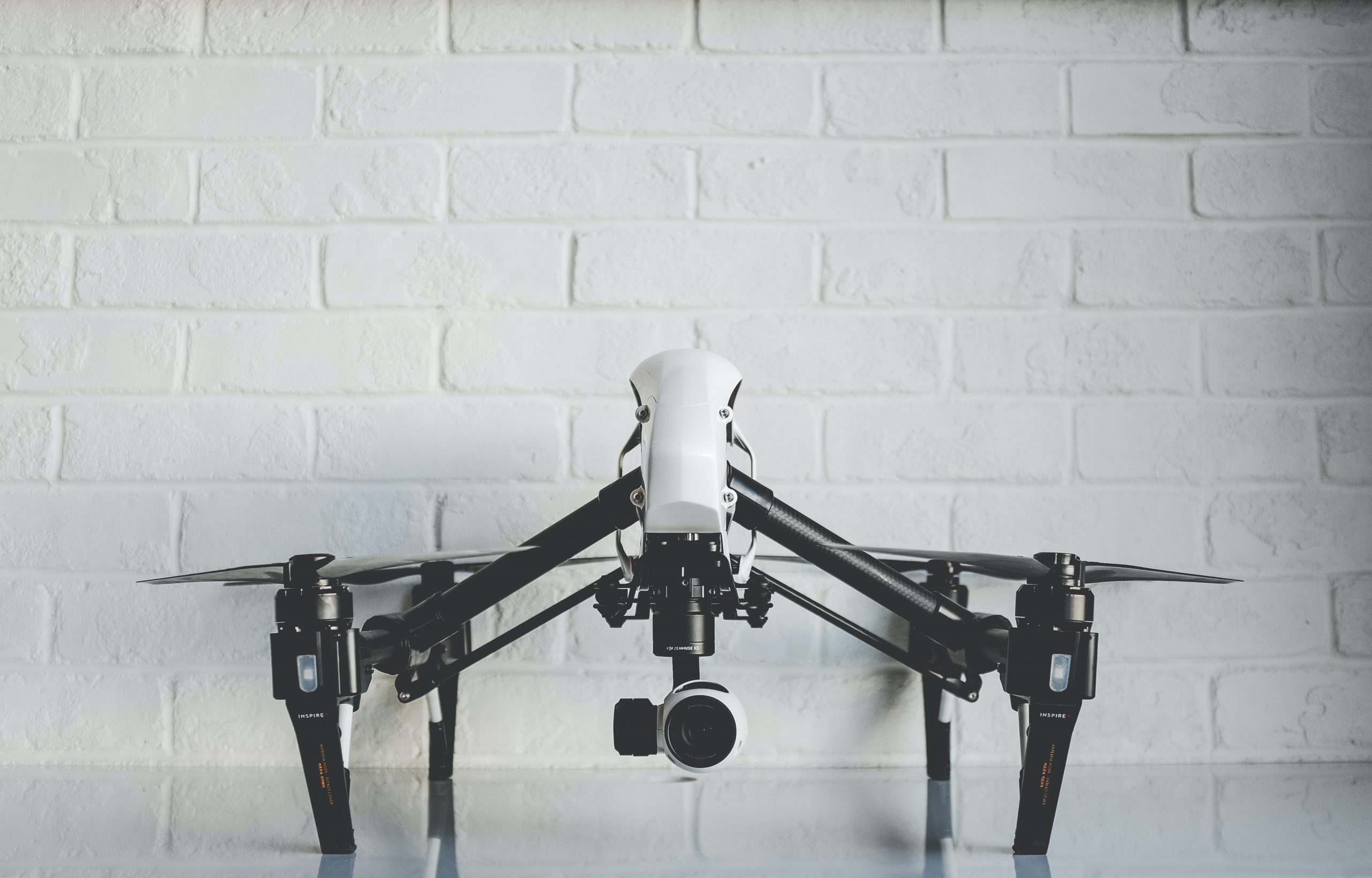The Central government issued a conditional exemption to the Ministry of Home Affairs (MHA) and the police departments of various State governments and Union Territories (UT) from the Unmanned Aircraft System Rules (UAS) Rules 2021. Although the exemptions come under the ambit of the recently notified rules, experts in the coming days will be keenly observing the standard operating procedures (SOP) adopted by the Home Ministry in terms of safeguarding the privacy of citizens.
An order dated April 27 signed by joint secretary of Ministry of Civil Aviation Amber Dubey, read, “The Central government in exercise of the powers conferred under Rule 70 of the UAS Rules 2021 grants conditional exemption from UAS Rules 2021 to agencies/organisation/entities/departments/entities under the jurisdiction of Ministry of Home Affairs and State/UT Police (exempted entities) for the operation of drones.”
Essentially, from now, MHA will be the designated authority for granting necessary permissions/exemptions to the exempted entities regarding drone operation. The Ministry of Civil Aviation has directed the MHA to frame necessary guidelines or standard operating procedures regarding the same.
MHA shall frame necessary rules/guidelines/standard operating procedures (SOP) regarding the technical specifications and regulatory mechanism for safe operating of drones by exempted entities, especially in areas inhabited by civilians and airspaces close to the flight paths of aircraft. In controlled airspaces, prior approval from Air Traffic Control Authority (civil or military as applicable) shall be taken before commencing a drone operation — Ministry of Civil Aviation order
UAS Rules 2021 allows such exemption
The UAS Rules 2021 has provisions that allow the Central government powers to exempt any drone or class of drones or any person from adhering to these rules. Such exemptions are given “in general” or through a “special written order”.
Apart from this, the rules brought in welcome additions such as allowing student remote pilots to operate drones and permitting drone operations beyond the visual line of sight. It also imposes several requirements on remote pilots, operators, manufacturers placing a high amount of burden on applicants. This move was met with a lot of criticism, and last year industry body Drone Federation of India termed the rules as “detrimental to the progress of the drone industry.”
Experts want safeguards in place
AViation Technology Forum of India (ATFI) for a long time has demanded that during emergency and relief situations the rules and regulations regarding UAS Rules are eased. Speaking to MediaNama, Manavendra Prasad, Director – Operations at ATFI said, “The conditional exemption from the UAS rules of 2021 for MHA is quite in line with ATFIs demand that during emergency and disaster relief situations there be adequate flexibility so as not to impede the immediate requirement.”
As both security, law and order and disaster relief are under MHAs purview I think it is on expected lines. However, we will keenly watch out for the SOPs framed by MHA and what safeguards it builds in these SOPs to prevent violation of privacy — Manavendra Prasad, Director-Operations, Aviation Technology Forum of India
Similarly, Tripti Jain, senior associate at Public Policy Chase India said, “Considering, security is subject of MHA, the authority of MHA to control operations is not as much of a problem as the blanket exemption the Rules provide. However, there should be a standard operating procedure and a review committee to review all the exemptions that are made by executive agencies — which is not provided for in the Rules, 2021. And that is worrisome, as unchecked powers can be misused and are not a characteristic of a democracy”
Will increase drone surveillance
Few experts MediaNama spoke to pointed towards the adoption of drone operations during the pandemic and the subsequent lockdown, the anti-CAA/NRC protests and opined that this exemption to the Ministry of Home Affairs will increase drone surveillance by police departments as they now do not have to adhere to rules under UAS Rules 2021.
“With the MHA being the designated authority to grant permissions, there is a possibility that we can see an increase in drone surveillance, especially because now police departments or MHA’s departments do not have to adhere to procedural safeguards in the Drone Rules, 2021. This step will also bypass the requirement of reliance on other lesser intrusive means,” Apurva Singh, volunteer counsel at Software Freedom Law Center told MediaNama.
Ambika Tandon, a senior researcher at Centre for Internet and Society (CIS) said, “Drones were used to illegitimately surveil the farmers’ protests this year, and the anti-CAA/NRC protests last year. Surveillance technology is being used to curtail the rights of citizens, including fundamental rights of freedom of assembly and expression. This is because drones and other surveillance technology have a chilling effect on citizens, who are criminalised for using public spaces to exercise their rights.”
More transparency required in the process
Experts also pointed out that there need to be more safeguards while granting these exemptions. Independent security researcher Srinivas Kodali said, “This constant push to give conditional exemptions to MHA without reviewing the last exemptions may not be a wise idea. The process needs more transparency and accountability from the civil aviation ministry, which needs to ensure these exemptions do not cause any adverse problems. There is a need for the parliament to look into these constant un-conditional exemptions being granted.”
The exemption requests must be uploaded on the website of these ministries. There must be an element of judicial scrutiny in granting exemptions. They should not be arbitrarily granted by the executive. Then it is important to have procedural safeguards in place for exempted entities as well. It is also equally important for these entities to follow limitation on data retention period, minimisation and proportionality/necessity principle — Apurva Singh, voluntary counsel at Software Freedom Law Center
Also read:
- Guide: A complete guide to drones in India
- Personal Data Protection Bill, 2019: Looking at use of video recordings, facial recognition software and drones by police
- Government approves more ‘green zones’ for drones to fly over















